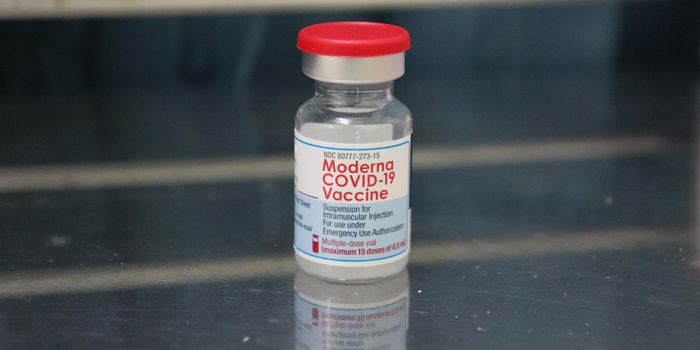Novel Combination Immunotherapy Improves Survival in Patients with Colorectal Cancer
Colorectal cancer is the third most common cancer worldwide. It is estimated that there are over 1.5 million diagnoses a year. Specifically, in the United States, there is estimated to have over 100,00 new cases of colon cancer and over 45,000 cases of rectal cancer. Fortunately, diagnosis for colorectal cancer has dropped since the 1980s and has continued to decrease in older adults (over 65 years old). Scientists believe this is due to the prevalence of getting screened and lifestyle changes that reduce risk factors. However, individuals younger than 50 years old have increased incidence of colorectal cancer. This increase in younger people is concerning for the scientific community. Risk factors that can raise an individual’s chances of a cancer diagnosis includes lifestyle habits such as poor diet, smoking, and exercise. Additionally, colorectal cancer can also be hereditary in which individuals are predisposed based on family history.
Novel treatments targeting the immune system have been applied to many different cancer types. Immunotherapies have demonstrated strong efficacy in both solid and hematologic malignancies. Specifically, immunotherapy is a form of treatment that redirects the immune system to recognize and target cancer. In 2018 the Nobel Prize in Physiology or Medicine was given to two scientists for their work on checkpoint inhibitors, which is a type of immunotherapy commonly given in combination with other treatments. In the context of cancer, specialized immune cells known as T cells become ineffective. Their usual role of identifying and targeting infectious diseases is hindered by other cells, including tumors. Checkpoint inhibitors reactivate T cells to properly function and eliminate cancer. However, efficacy is still limited due to tumor stage and barriers within the environment around the tumor.
A recent article in The Lancet, by Dr. Anwaar Saeed and others, demonstrate that a checkpoint inhibitor (atezolizumab) combined with a targeted therapy (zanzalintinib) improves outcomes and prolongs survival in patients with metastatic colorectal cancer. Specifically, this combination therapy slows tumor progression and protects patients even when their tumors have traveled to other parts of the body. This systemic approach elicits a strong immune response, improving standard-of-care treatment. Saeed is an Associate Professor of Medicine and the Chief of the Gastrointestinal (GI) Medical Oncology Program at the University at Pittsburgh Medical Center (UPMC) and UPMC Hillman Cancer Center. Her work focuses on modulating the immune system to deliver robust antitumor immunity in patients with GI cancers.
Current cancer treatments for metastatic colorectal cancer can extend survival to roughly 7-months in patients. However, scientists believed they could improve survival by using immunotherapy-based combination regimens. This new drug combination not only activates T cells through checkpoint blockade, but also inhibits proteins that help tumors grow and progress. The trial Saeed and her team started included over 900 patients with colorectal cancer. After 18 months, researchers followed up and found that patients with the new combination therapy lived significantly longer than those on standard-of-care treatment. There were minimal side-effects, which included fatigue, high blood pressure, and diarrhea.
Saeed and her group show for the fist-time that an immunotherapy regimen can have survival benefits in patients with metastatic colorectal cancer. This is a major discovery since patients with metastatic colorectal cancer have a 15% survival rate and many tumors do not respond to standard treatment. Additionally, some immunotherapies are effective in a small subset of patients, but a majority lack significant improvements. The combination of an immunotherapy and a targeted treatment now influences a majority of colorectal patients. Overall, this dual treatment will significantly improve standard-of-care therapy and patient outcomes.
Article, The Lancet, Anwaar Saeed, UPMC, UPMC Hillman Cancer Center








